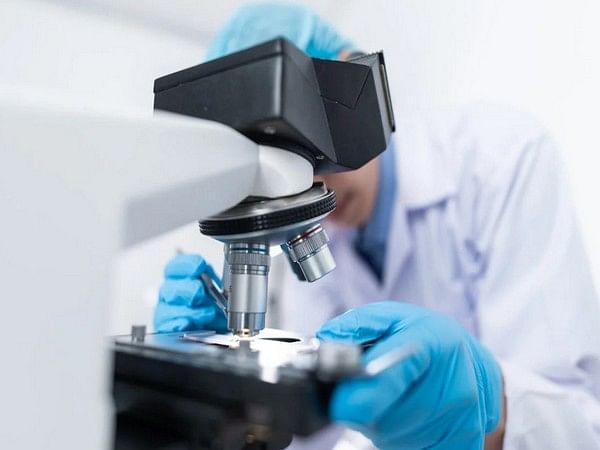Zurich [Switzerland], July 17 (ANI): A new study shows that about two per cent of the population develop autoantibodies against type 1 interferons, mostly later in life. This makes individuals more susceptible to viral diseases like COVID-19. The study, conducted by University of Zurich (UZH) researchers together with a USZ team, is based on an analysis of a large collection of historical blood samples.
Virus infections cause immune cells to produce type 1 interferons. These proteins function as early messengers, informing uninfected cells and tissues that a virus is spreading. This permits cells to prepare to resist the virus when it reaches them.

Severe viral infections can arise in people with a compromised type 1 interferon system because the body is unable to mount a complete defence. According to recent studies, between 5 to 15% of persons hospitalised with severe Covid-19 or influenza had a type 1 interferon response deficit. This is because their blood includes autoantibodies, which are antibodies that target a person’s structures and bind to type 1 interferon, preventing the messenger from operating.
“With our study, we wanted to find out what causes the immune systems of some people to turn against themselves and to also understand the consequences of having autoantibodies against type 1 interferons,” says study head Benjamin Hale, professor at the Institute of Medical Virology of the University of Zurich (UZH). His research team used a very large collection o.























